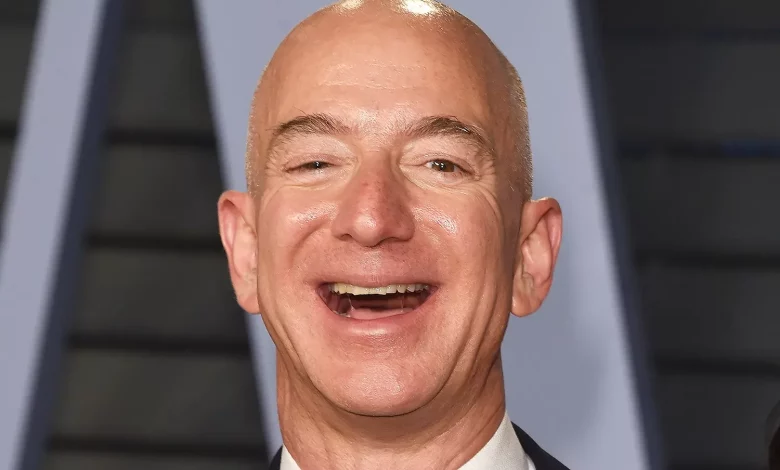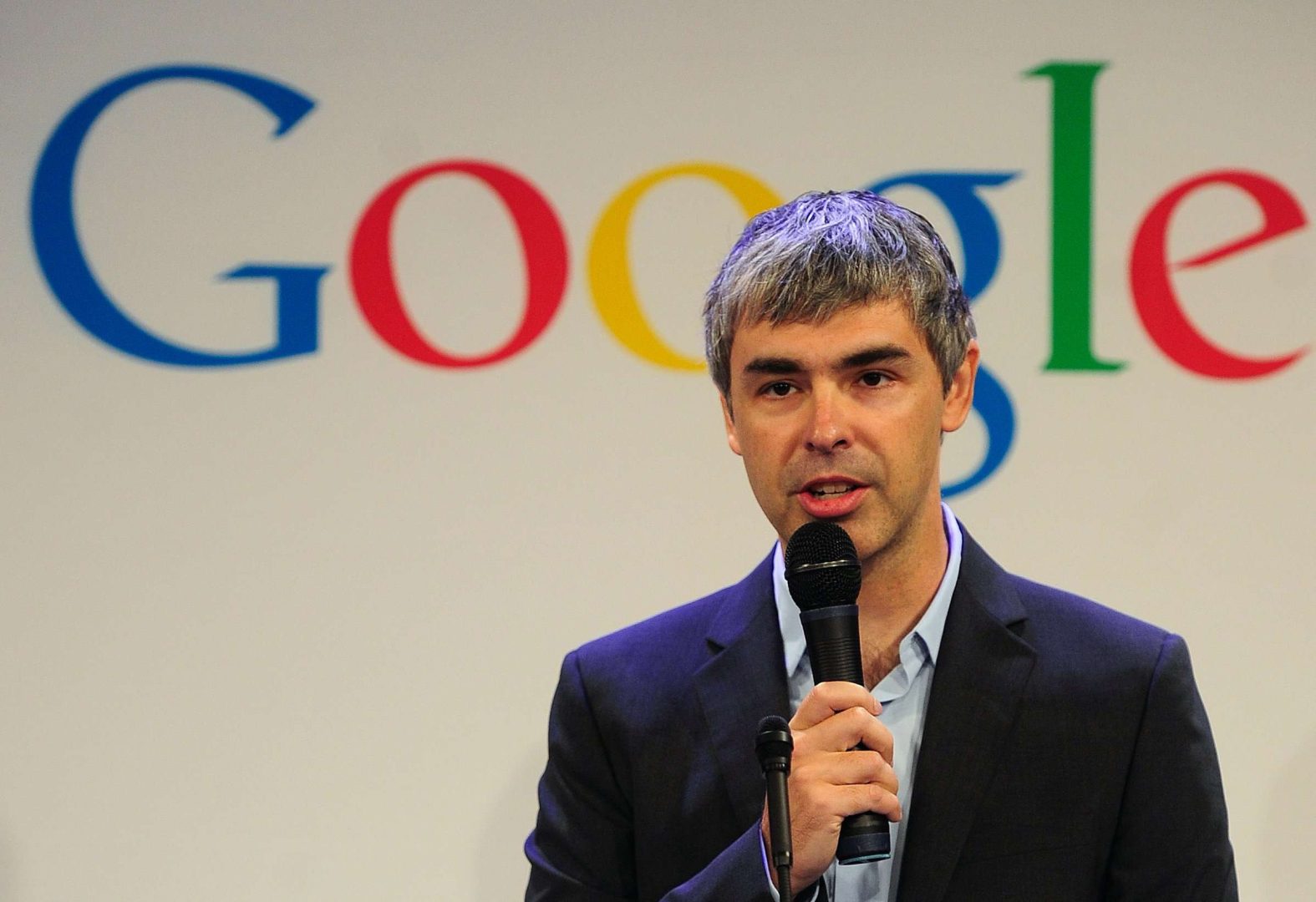
In a world where technology is shaping our everyday lives, figures like Elon Musk, Jeff Bezos, and Bill Gates have emerged as the new masters of the world. Their influence extends far beyond their respective companies, touching on areas as diverse as space, health, and the global economy. But how do these tech moguls compare to Ernst Stavro Blofeld, the iconic villain of the James Bond universe?
Ambitions of Domination
Elon Musk, Jeff Bezos, and Bill Gates all share a common ambition: to dominate the world. Musk dreams of a human colony on Mars, Bezos wants to create a space infrastructure for millions of people, and Gates aims to improve global health. Blofeld, on the other hand, aspires to control the world through force and manipulation.

Power and Influence
The tech moguls wield considerable power and influence. Musk is the founder of SpaceX, a leading company in the field of space exploration. Bezos is the founder of Amazon, the world’s largest e-commerce company. And Gates is the co-founder of Microsoft, one of the world’s largest technology companies. Blofeld, on the other hand, is the head of SPECTRE, an international criminal organization that controls businesses and governments.

Technology as a Tool of Domination
The tech moguls use technology to achieve their goals. Musk uses SpaceX to send humans to Mars. Bezos uses Amazon to dominate the online retail market. And Gates uses Microsoft to influence global health policies. Blofeld, on the other hand, uses technology to carry out his plans, including satellites, biological weapons, and cutting-edge technologies.
Blofeld has been portrayed by many different actors over the years, each with their own unique interpretation of the character. Here is a brief overview of some of the most notable Blofeld portrayals:
- Anthony Dawson/Eric Pohlmann (From Russia with Love, Thunderball): This was the first on-screen appearance of Blofeld, and it is still one of the most iconic. Dawson played Blofeld’s body, while Pohlmann provided his voice. This Blofeld is a shadowy figure who is rarely seen, but his presence is always felt.
- Donald Pleasence (You Only Live Twice): Pleasence’s Blofeld is a more flamboyant and theatrical character. He is also more intelligent and cunning than his predecessor. This Blofeld is the mastermind behind the plan to steal NASA spacecraft and use them to start a nuclear war.
- Telly Savalas (On Her Majesty’s Secret Service): Savalas’ Blofeld is a cold-blooded killer who is not afraid to get his hands dirty. He is also a sadist who enjoys torturing his victims. This Blofeld is the one who inflicts the famous facial scar on Bond.
- Charles Gray (Diamonds Are Forever): Gray’s Blofeld is a more campy and over-the-top character. He is also less intelligent and cunning than his predecessors. This Blofeld is the mastermind behind the plan to use satellites to control the world’s diamond supply.
- Christoph Waltz (Spectre, No Time to Die): Waltz’ Blofeld is a more modern and complex interpretation of the character. He is a brilliant scientist and a master manipulator. This Blofeld is the one who reveals that he is Bond’s adoptive brother, and that he has been orchestrating Bond’s life from the shadows.
Each of these Blofeld portrayals is unique and memorable in their own way. They all capture different aspects of Blofeld’s complex personality, from his intelligence and ruthlessness to his arrogance and megalomania.
In addition to these main portrayals, there have been a number of other actors who have played Blofeld in smaller roles, such as Max von Sydow in Never Say Never Again, Anthony Hopkins in a BBC radio adaptation of Thunderball, and John Hollis in a pre-title sequence for For Your Eyes Only.
Blofeld is one of the most iconic villains in all of cinema, and his different portrayals reflect the many different facets of his character. He is a complex and challenging figure to play, but the actors who have taken on the role have all done a masterful job.

Google’s Transhumanist Aspirations: A Path to Eliminate Death?
Google’s parent company, Alphabet, has a number of projects that could be considered transhumanist, including Calico, which is focused on life extension and longevity research. Calico’s goal is to understand the aging process and develop interventions to slow it down or even reverse it.
One way that Google could potentially eliminate death is through the development of artificial general intelligence (AGI). AGI is a hypothetical type of AI that would be as intelligent as a human being, or even more so. If AGI is ever developed, it could potentially be used to create new medical technologies that could cure diseases and extend lifespans.
Another way that Google could potentially eliminate death is through the development of mind uploading. Mind uploading is the hypothetical process of transferring a person’s consciousness into a computer. If mind uploading is ever possible, it would allow people to live indefinitely in a digital form.
Google has not explicitly stated that it is trying to eliminate death, but its investment in transhumanist research suggests that it is interested in the possibility. It is important to note that transhumanism is a controversial topic, and there are many ethical and moral concerns associated with it. However, it is also a topic with the potential to revolutionize humanity.

Here are some specific examples of how Google’s transhumanist research could help to eliminate death:
- Calico is developing new drugs and therapies that could target the underlying causes of aging.
- Google is also investing in research on stem cells and regenerative medicine, which could be used to repair damaged tissues and organs.
- Google’s AI research could lead to the development of new diagnostic tools and treatments for diseases.
- Google’s mind uploading research could one day allow people to transfer their consciousness into a computer, where they would be able to live indefinitely.
It is important to note that all of these technologies are still in their early stages of development, and it is impossible to say for sure when or if they will be successful. However, Google’s investment in transhumanist research suggests that the company is serious about the possibility of eliminating death.
Ethics and Responsibility
The ambitions of the tech moguls raise ethical questions. Can the accumulation of so much power and resources into the hands of a few people be justified? Blofeld, as a fictional character, does not concern himself with ethics, but he serves as an exaggerated mirror of the moral dilemmas that these moguls may face.
Here Are The Richest Tech Billionaires 2022
Conclusion
The similarities between the tech moguls and Blofeld are striking. Both groups aspire to dominate the world, use technology to achieve their goals, and raise ethical questions about the accumulation of power and resources into the hands of a few people. These similarities prompt us to reflect on the role of the individual in shaping our collective future and the ethical issues that arise from it.









